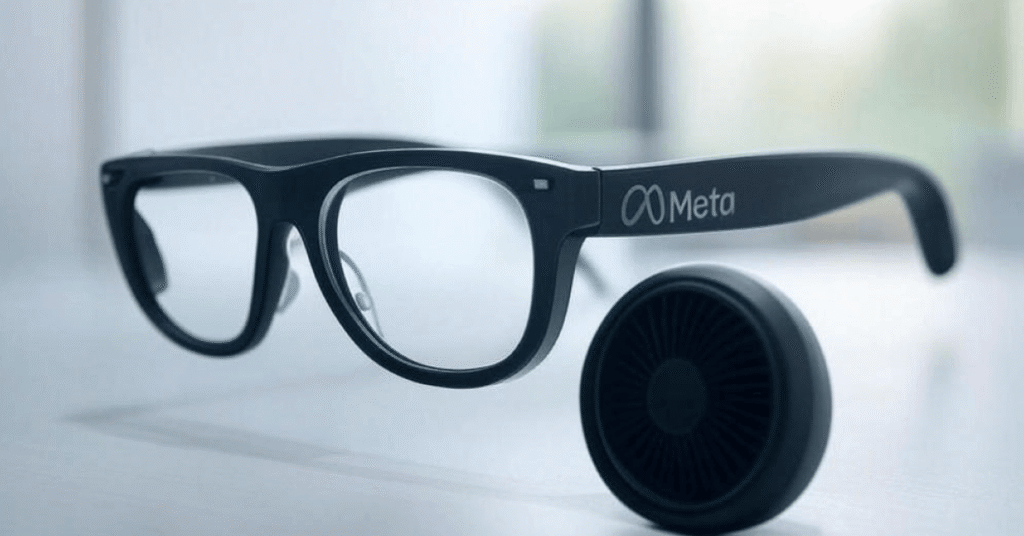Meta Platforms Inc., formerly known as Facebook, has been at the forefront of integrating artificial intelligence (AI) into wearable technology. Their collaboration with Ray-Ban has produced smart glasses that not only serve as fashion statements but also as gateways to augmented reality (AR) experiences. This blog delves into Meta’s strategic focus on smart glasses and AI, highlighting recent developments and future prospects.
Table of Contents
The Evolution of Meta’s Smart Glasses
Meta’s journey into smart eyewear began with the launch of Ray-Ban Stories, blending classic design with modern tech features. Over time, these glasses have evolved to incorporate more advanced functionalities, thanks to continuous software updates and AI integration.
Key Features:
- Audio and Voice Assistance: Users can listen to music, take calls, and interact with Meta AI using voice commands.
- Camera Capabilities: Built-in cameras allow for hands-free photo and video capture, enhancing the way users document their experiences.
- Real-Time Translation: Recent updates have introduced live translation features, breaking down language barriers in real-time.
- Object Recognition: The glasses can identify objects in the user’s environment, providing contextual information and assistance.
Meta’s AI Integration
At the heart of these smart glasses lies Meta’s AI, powered by their proprietary Llama language models. This AI enables the glasses to understand and respond to user queries, offering a seamless and intuitive user experience. The integration of AI transforms the glasses from mere accessories into intelligent companions.
Privacy Concerns and Ethical Considerations
As with any technology that collects and processes personal data, privacy concerns have been raised. Meta has faced scrutiny over data collection practices, especially regarding the default storage of user data in the cloud. While these measures aim to enhance AI performance, they also necessitate transparent communication and robust data protection protocols.
Future Prospects
Looking ahead, Meta plans to introduce advanced versions of their smart glasses, codenamed “Hypernova,” which are expected to feature integrated displays and more powerful AI capabilities. These developments signify Meta’s commitment to leading the AR and wearable tech market.
Conclusion
Meta’s focus on smart glasses and AI represents a significant step toward a future where technology seamlessly integrates into our daily lives. By combining stylish design with cutting-edge AI, Meta aims to redefine how we interact with the world around us. As these technologies continue to evolve, they hold the promise of transforming our experiences, communication, and perception of reality.

